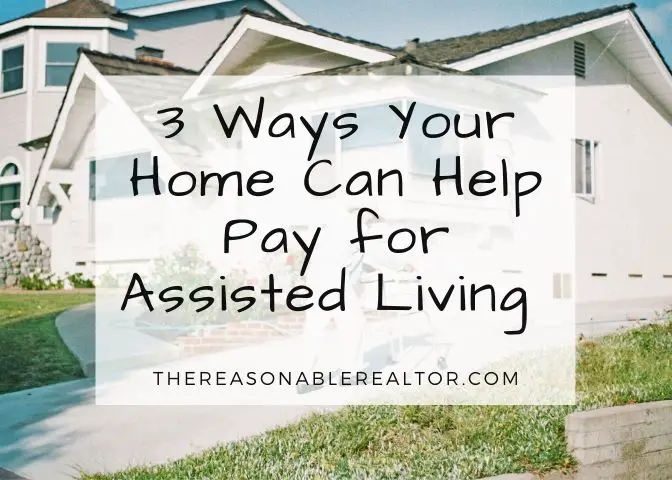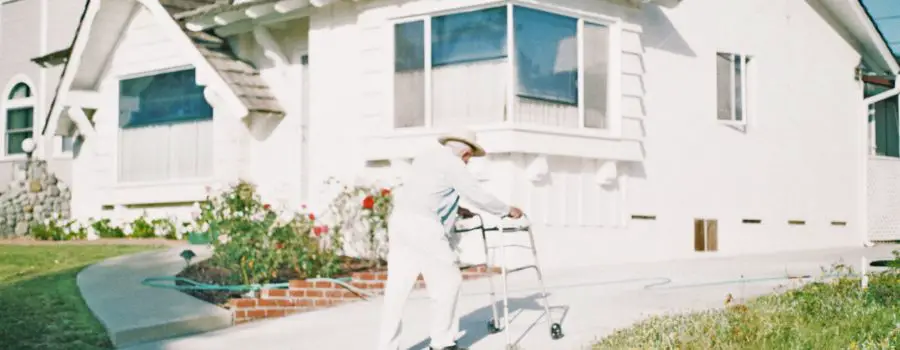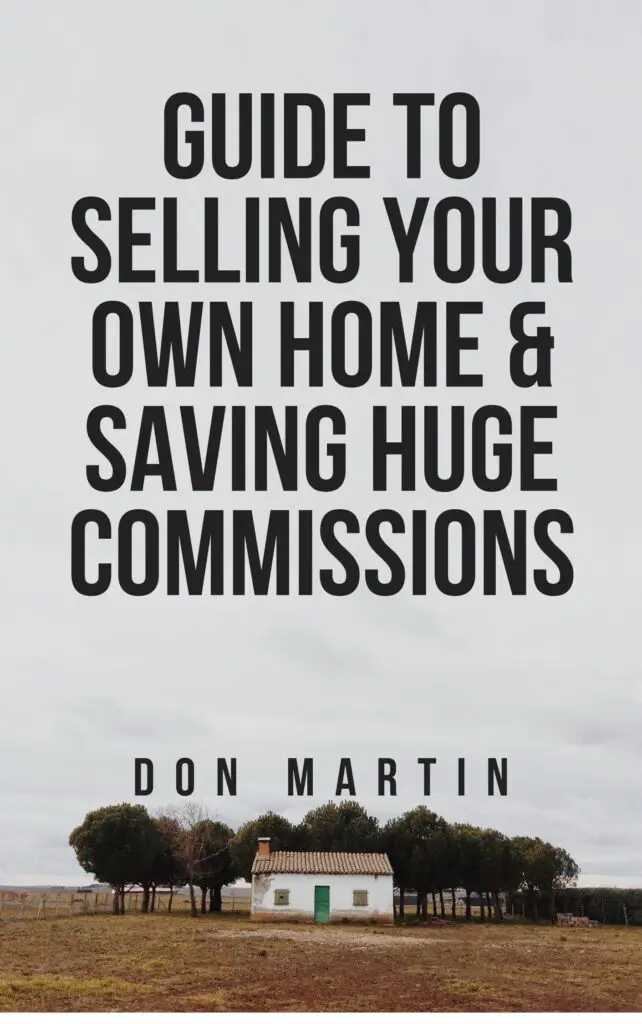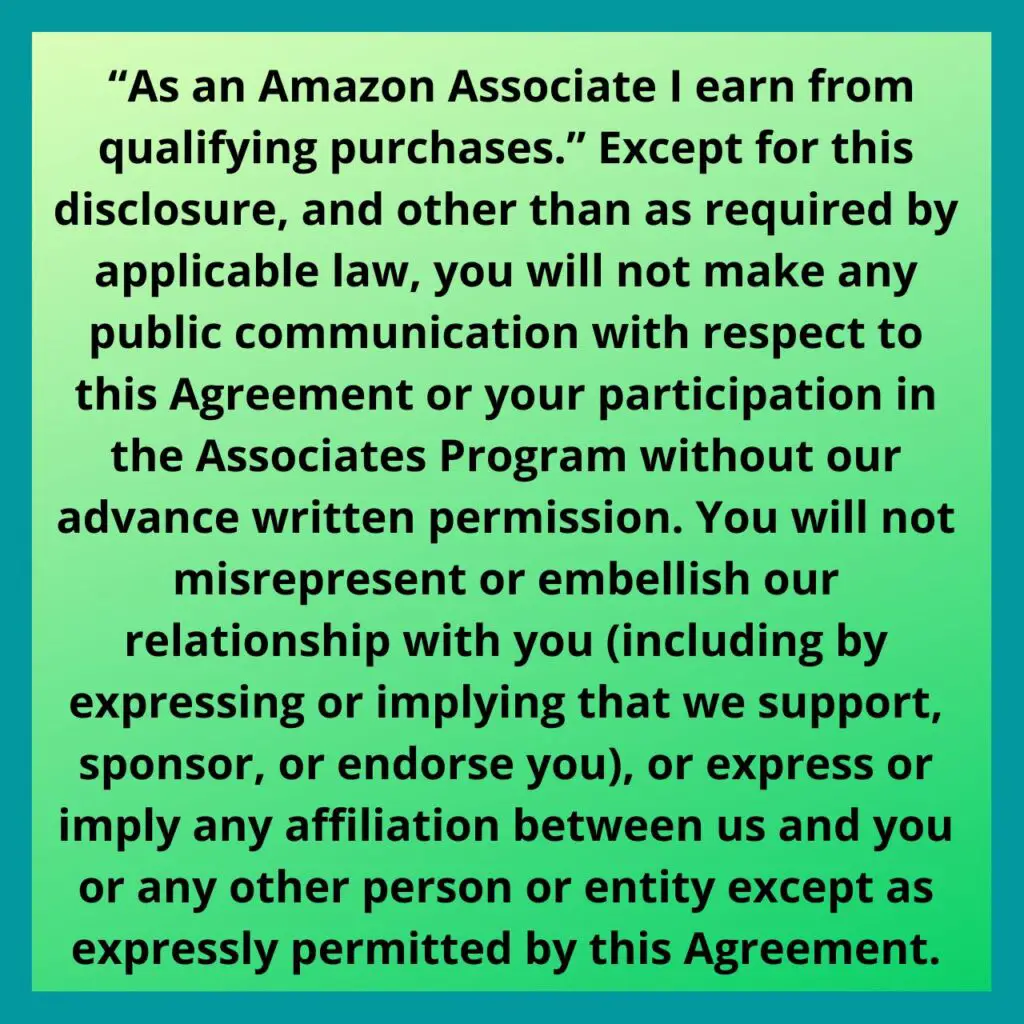Assisted living isn’t cheap. With rates surpassing $4,000 a month, assisted living costs more than many seniors earn. Nonetheless, sometimes it’s necessary. When you’re no longer safe and comfortable living at home, moving to assisted living is better than staying put and risking illness or injury.
Without Medicare or long-term care insurance to pick up the bill, seniors have to get creative to pay for assisted living. For many, that means tapping into home equity. If you’re thinking of using your home to pay for assisted living, here’s what you need to know.
How to Choose an Assisted Living Facility
For seniors who need full-time care, assisted living is usually the cheapest option unless there’s a family caregiver available. In-home care costs just as much or more than assisted living, but unlike assisted living, you’re still responsible for mortgage payments, utility bills, groceries, and other costs of living at home.
That doesn’t mean all assisted living facilities are worth the cost, however. While all communities include basic services like private apartments, prepared meals, and assistance with daily activities, some facilities include luxury amenities that drive up costs. It’s not worth paying a premium for amenities you’ll rarely use, so seniors should consider their lifestyle and budget to choose the best fit for them. A Place for Mom offers 47 options for assisted living in the Nashville area, so you have a large pool to choose from. Scheduling tours is the best way to find a community where you’ll feel most comfortable. During a tour, staff can discuss your needs and provide an accurate estimate of what you’ll spend.
Selling Your Home to Pay for Assisted Living
When seniors see the high cost of assisted living, many feel like selling the house is their only choice. While selling does provide a quick infusion of cash, once that money is gone, it’s gone. That could put seniors in a bind if they spend their assets on long-term care but don’t qualify for Medicaid. It’s possible to invest the proceeds into annuities for income, but first you’ll need to calculate whether the returns will be enough to cover the gap in your income.
Renting Out Your Home to Pay for Assisted Living
Depending on the value of your home and your equity, renting may be a savvier choice than selling. Investing the proceeds of a $250,000 home is unlikely to cover assisted living costs for long, but turning the home into a rental could generate stable income for the remainder of your life. Three-bedroom units rent for an average of $1,550 in Nashville. On an affordable home, that could be enough to cover expenses and create income, especially if the home is paid off. In addition, renting allows you to continue building equity so that if you ever need to sell, you can. Otherwise, the home will be there when you’re ready to pass it on to family.
What to Do When One Spouse Stays Home
For some seniors, neither selling nor renting is an option. That’s often the case when one spouse is moving to assisted living while the other remains at home. Even in this scenario, it’s possible to tap home equity to pay for assisted living.
Reverse mortgages allow seniors with homes that are paid off or nearly paid off to access their home equity as a lump sum payment or in monthly installments. The payments continue as long as a borrower is living in the home; however, once both borrowers move out or pass away , the loan becomes due. In practice, this typically results in the home being sold.
 No matter your circumstance, there’s a way you can tap into your home to help pay for assisted living. As you decide what to do with your home, make sure you’re taking these financial considerations into account. While leaving home is a highly emotional time, the decisions you make now will affect your financial life for years to come.
No matter your circumstance, there’s a way you can tap into your home to help pay for assisted living. As you decide what to do with your home, make sure you’re taking these financial considerations into account. While leaving home is a highly emotional time, the decisions you make now will affect your financial life for years to come.
Image via Unsplash
(This post may contain affiliate links, which means if you click, or make a purchase by clicking on them, I may receive a small commission, at no additional cost to you, that will help me continue to bring you valuable content. To that end, not all of the items on this page are affiliate links, as that is not a requirement to be on this page. Thanks for your support!)
We are a participant in the Amazon Services LLC Associates Program, an affiliate advertising program designed to provide a means for us to earn fees by linking to Amazon.com and affiliated sites.














